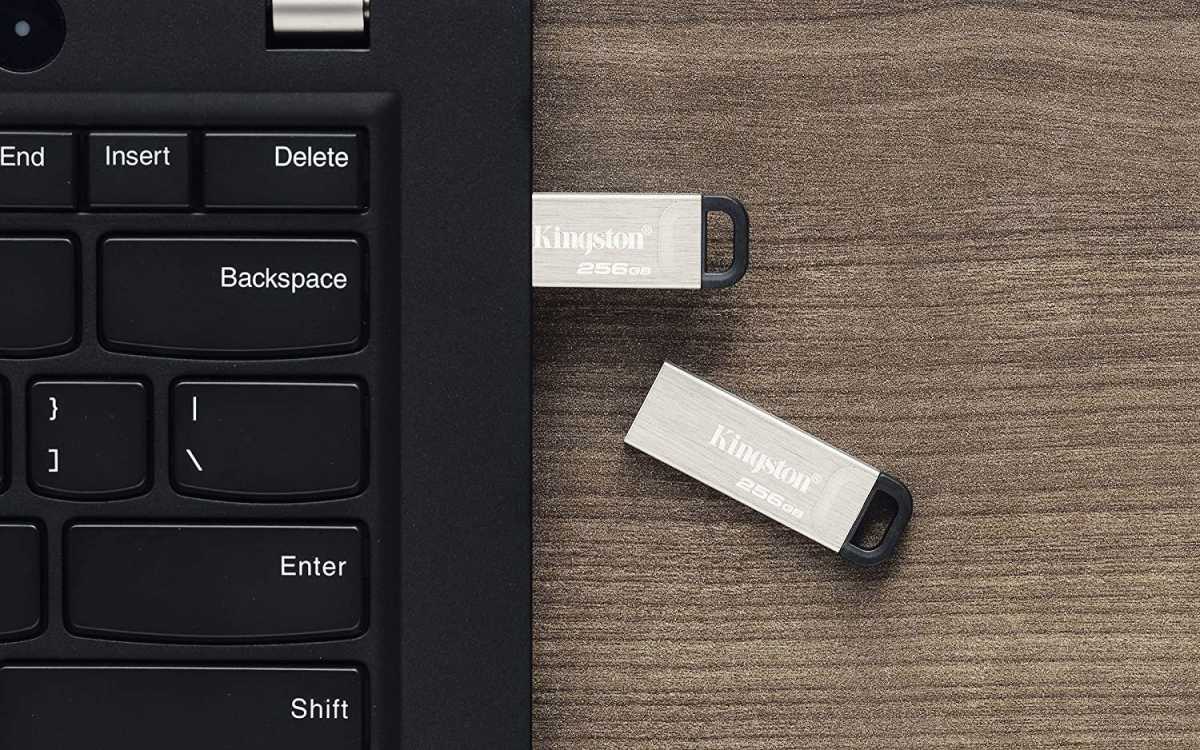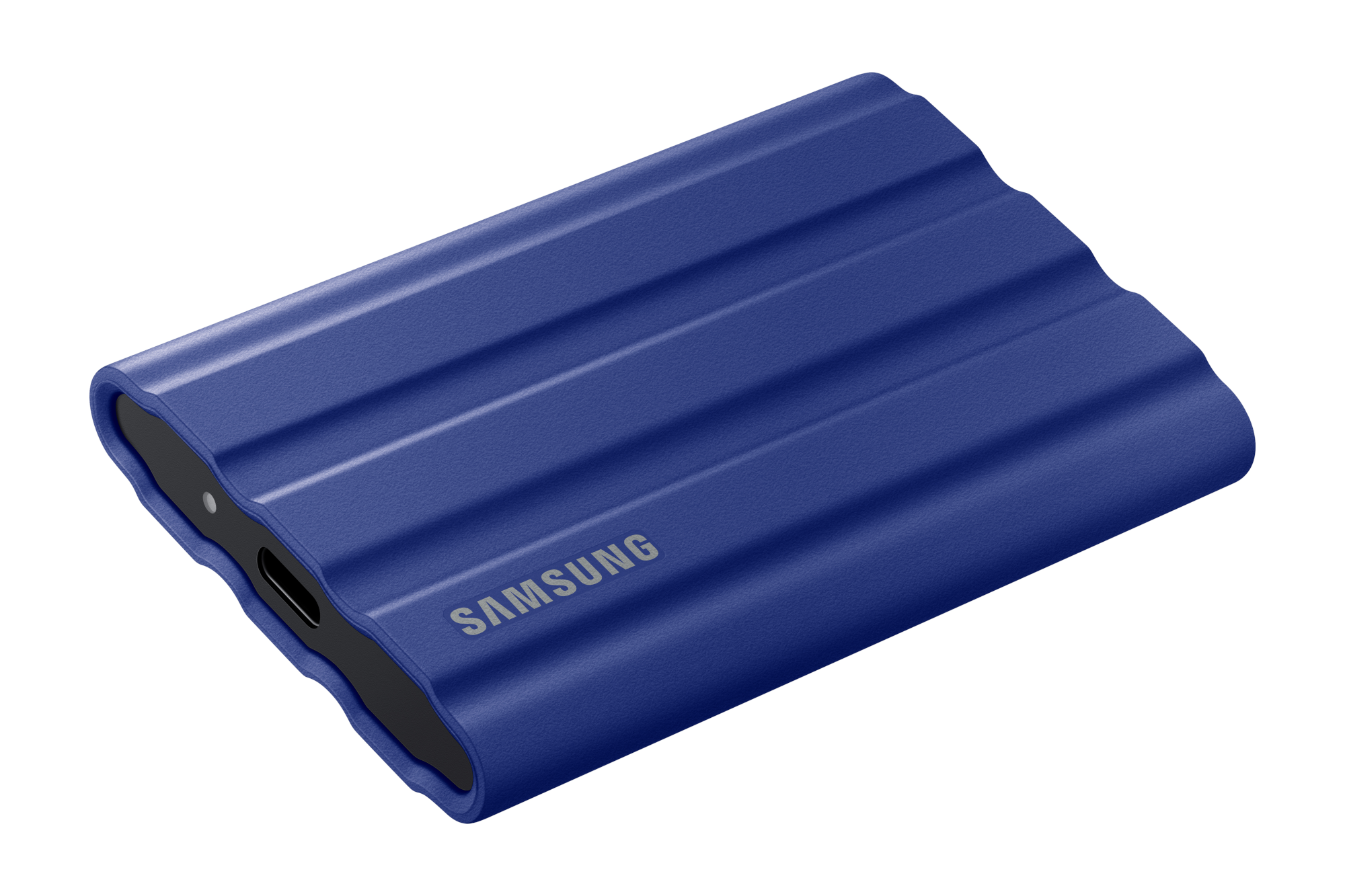How long does data last on a flash drive?

 Image: Kingston
Image: KingstonThe lifespan of data on a USB flash drive depends on many factors: Under ideal conditions, data should remain preserved on a high-quality USB stick for at least 10 years or even longer. But what exactly does that mean and under what conditions does this hold true?
USB sticks or flash drives store data using NAND flash memory, in the form of binary valuesd (zeros and ones) in memory cells. Interestingly, it is electrons trapped in a kind of “floating gate” that represent these values. But these electrons can “leak” over time. This causes the data to degrade because it becomes harder to read whether the charge state represents a one or a zero.
Further reading: See our roundups of the best Windows backup software and the best online backup services to round out your data storage strategy.

USB sticks are ideal for storing data quickly and easily. For long-term archiving, they bring with them too many confounding variables. Tapes or optical discs are better alternatives.
USB sticks are ideal for storing data quickly and easily. For long-term archiving, they bring with them too many confounding variables. Tapes or optical discs are better alternatives.
Kingston
USB sticks are ideal for storing data quickly and easily. For long-term archiving, they bring with them too many confounding variables. Tapes or optical discs are better alternatives.
Kingston
Kingston
There are several factors that can influence the lifespan of data on a USB drive: The quality of the NAND flash memory plays a role, as does the general workmanship of the stick. Cheaper models usually also have a shorter lifespan. Another factor is the number of write cycles, which describes how often data can be written and deleted.
With an increasing number of write cycles, the probability of data deterioration increases. Extreme temperatures as well as unfavorable storage conditions such as high humidity or dust can also damage the lifespan of your data on the storage medium. If the stick is exposed to high temperatures for a long time, this can cause the electrons to “leak” faster, which can damage the data and lead to its loss.
Further reading: Best external drives of 2023

The “floating gate” has been used as a technique for flash memory for quite a long time. However, due to various conditions, the electrons can “leak” over time, which can lead to data loss.
The “floating gate” has been used as a technique for flash memory for quite a long time. However, due to various conditions, the electrons can “leak” over time, which can lead to data loss.
IDG
The “floating gate” has been used as a technique for flash memory for quite a long time. However, due to various conditions, the electrons can “leak” over time, which can lead to data loss.
IDG
IDG
All in all, this does not make a USB stick the ideal storage medium for long-term storage of important data — certainly not as the only method. You cannot avoid regular backups on other storage media, such as an external drive. If you really want to back up data over a truly long period of time, you should even consider using archival tapes or optical media.
And remember: It’s never a good idea to store important data in just one place and on just one medium. Flash drives are best for nimble file transfers or for creating bootable media.
More questions answered: Is it bad to leave your laptop always plugged in?
use an external drive instead for long-term storage
Samsung T7 Shield

 Read our reviewPrice When Reviewed:$160 for 1TB | $290 for 2TBBest Prices Today:$79.99 at Samsung | $84.99 at Walmart | $109.50 at Amazon
Read our reviewPrice When Reviewed:$160 for 1TB | $290 for 2TBBest Prices Today:$79.99 at Samsung | $84.99 at Walmart | $109.50 at Amazon
This article was translated from German to English and originally appeared on pcwelt.de.
Author: Friedrich Stiemer
Recent stories by Friedrich Stiemer:
How long does data last on an SD card?Ultimate backup: Archival M-Discs store your data for 1000 yearsWhy hard drives fail, and what you can do about it






